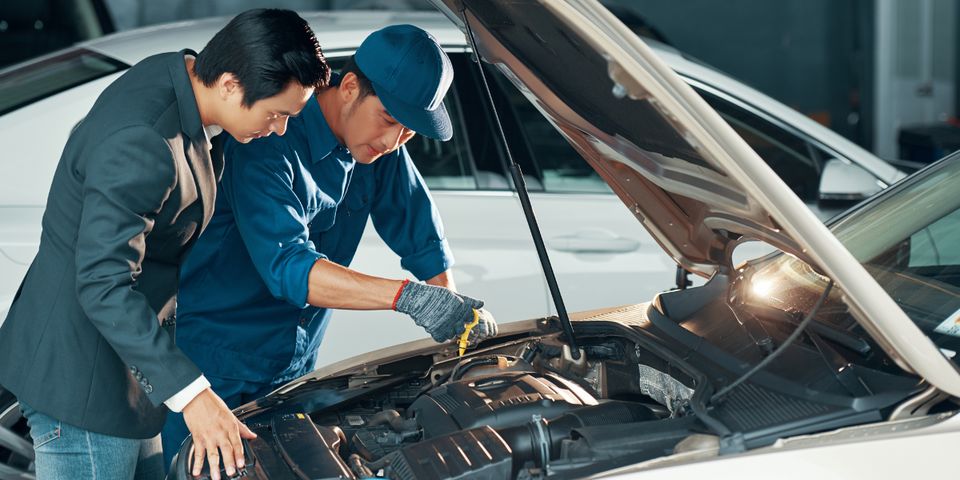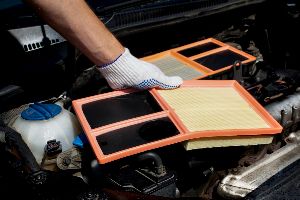
Regular maintenance is a necessary step in keeping a vehicle running efficiently. In addition to the standard oil change, an engine tune-up can prevent and diagnose potential issues, ensuring your car operates at peak performance for many years. Here are a few facts about this service and what it entails.
Understanding Engine Tune-Ups
What Is It?
Typically, a tune-up involves inspecting the engine for components that require cleaning, repair, or replacement parts. This often includes filters, spark plugs, fluids, the battery, rotors, belts, and hoses. An auto repair shop can visually inspect these features or test them for functionality.
What are the benefits?

An engine is a complex piece of machinery that requires special attention in order to operate efficiently. Air filters act as a line of defense against dirt and debris entering the engine, oil filters trap metal fragments and contaminants, and fuel filters prevent contaminated fuel lines. Spark plugs provide the spark of electricity necessary for engine combustion and are vital to engine performance. Making sure all of these components are cleaned or replaced regularly prevents engine strain and early wear, and it can improve gas mileage.
What Are the Signs That My Engine Needs a Tune-Up?
If your car is stalling, misfiring, difficult to start, lacking power, or getting poor fuel economy, it is time to visit the auto repair shop. Depending on the issues you are experiencing, an auto mechanic can tailor the tune-up to best suit your vehicle. For example, when spark plugs become worn, they can cause the engine to misfire or lose power. If your engine is making strange or loud noises, such as squeaks or knocks, it could mean a belt needs to be replaced or something has come loose. Issues may seem minor but could lead to permanent damage to your engine, so scheduling an engine tune-up right away is the best course of action.
How often will my car need one?
The time between tune-ups varies depending on vehicle age, make, and model, as well as how often and where you are driving. Older vehicles might require a tune-up every 30,000 to 40,000 miles. Modern cars, which use electronics and computer sensors to regulate engine components, may only need an engine tune-up as recommended by the manufacturer. You can check this in your car's owners manual.
Other elements vary, as well. Air filters may need to be replaced every 15,000 to 30,000 miles. Spark plugs, which can be conventional or platinum-tipped, may last for 30,000 to 120,000 miles. Talk with your auto mechanic to learn what type of scheduled maintenance is recommended for your specific vehicle and its components.
Schedule your next engine tune-up with the professionals at CI Fleet & Auto Solutions in Greensboro, NC. Since 1988, they've provided dedicated, quality service to residents and businesses. From oil changes to fleet repairs, their ASE-certified team members have the expertise and skills necessary to care for your car. To learn more about their services, visit them online or call (336) 333-0090.
About the Business
Have a question? Ask the experts!
Send your question

